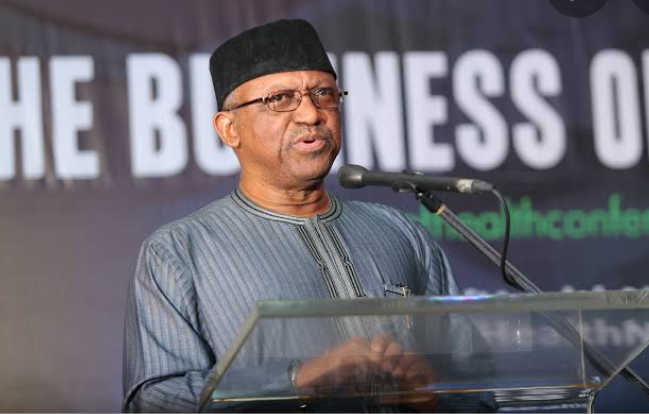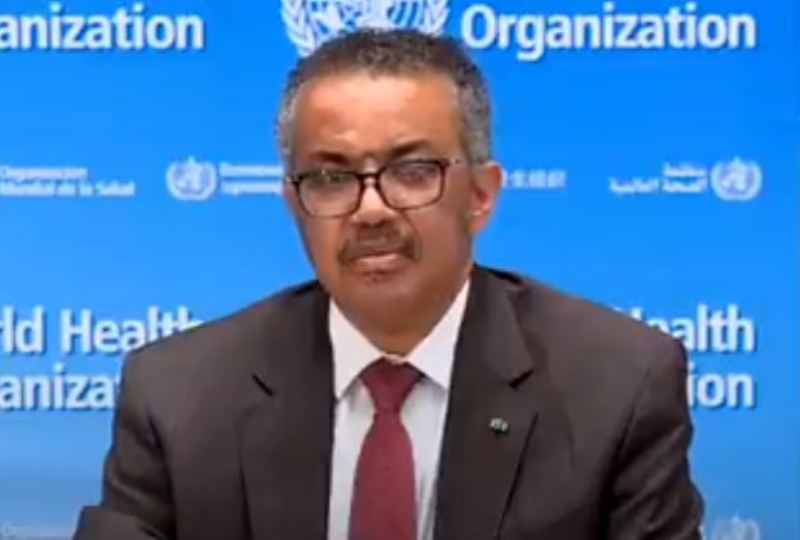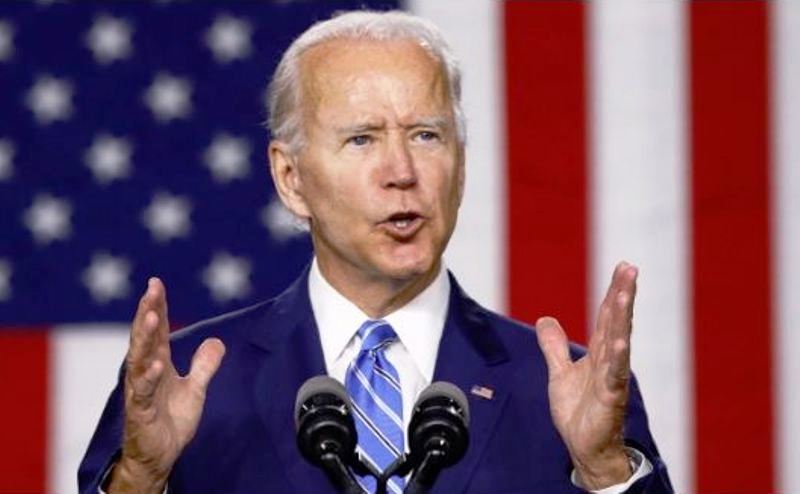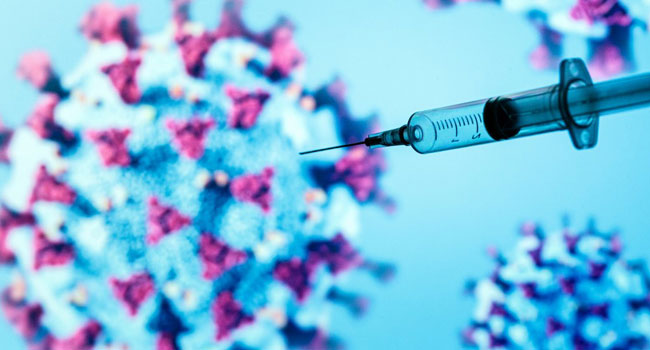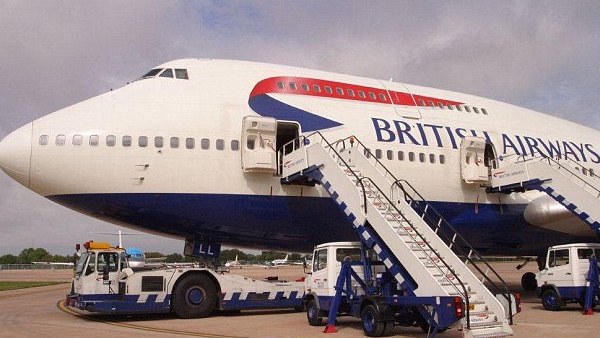The Federal Ministry of Health (FMoH), has convened a special National Council on Health (NCH) meeting, where all State Commissioners of Health snd other stakeholders in the health sector will review the gains and lessons learnt from COVID-19 management, towards building a more resilient health sector in Nigeria.
At the opening of a two-day NCH meeting on Thursday, in Abuja, the Minister for Health, Dr. Osagie Ehanire, said that Nigerians must remain alert as new variants of the virus which are more contagious and virulent, power new waves of infections.
The 2021 NCH theme : “The Journey to Attaining Sustainable Development Goals (SDGs): Applying Lessons from the COVID-19 Pandemic Towards Building A Resilient National Health System”.
The 2014 National Health Act recognizes the NCH as the highest policy-making body within Nigerian health sector.
The responsibilities of the NCH include the protection, promotion, improvement and maintenance of the health of the citizens of Nigeria and the formulation of policies.
The Council is also tasked with ensuring the delivery of basic health services to the people of Nigeria.
“Just in the last few days we have heard of the new ‘omicron’ variant, supposedly emerging from southern Africa, which has been labelled a variant of concern, and starting a new round of drastic measures like restrictions of flights and movement likely to hurt economic activities of countries.
“And so, whether it’s a COVID-19 variant or a new attack, we must strengthen our health security architecture to ensure we are prepared at all times to detect, and respond, in the interest of the health of our population,” he explained.
Ehanire noted that the end term of the SDGs was barely nine years away and targets of the health-related SGDs, especially SDG 3 were still far from being attained.
He stated that the National Strategic Health Development Plan(2), 2018-2022, providing the Medium-term health sector roadmap to attain the goals and objectives of the National policy and edge closer to the SDG targets was completing its life cycle.
“We need to take stock and ensure the succeeding plan addresses emerging needs in a post pandemic era. While, chances of meeting targets may now seem slim in the face of the challenges of the past year, the good news is that our nation can leverage lessons learnt from the fight against COVID-19 pandemic, nationally and globally, to make bold decisions to build a resilient health system,” he said.
According to him, strong and resilient health systems are the lines of defence to pandemics and other health threats, while vaccines are the surest and most cost-effective measure we have so far, to contain the pandemic, but inequities in global distribution, reduced the access of African countries to a fair share.
The minister stated that as of Nov, 27, over six million persons had received at least one dose of the COVID-19 vaccine and 3.4 million persons were fully vaccinated with two doses.
He said Nigeria was far from vaccinating 70 per cent of eligible population for herd immunity, necessitating the ongoing mass vaccination exercise aimed at reaching 50 per cent of eligible population by January 2022, but stressed that vaccine skepticism is still a huge challenge.
The minister noted that states had a role to play in addressing vaccine hesitancy and charged the State Commissioners to therefore continue to work strategically with the Federal organization, to address it and other challenges.
Ehanire disclosed that COVID-19 also brought a rude awakening of how totally import dependent they were when it comes to pharmaceuticals, vaccines and other critical commodities.
“The realization of the urgency of domestic manufacturing has never been so clear. Developing and supporting capacity to begin indigenous medical Industry is a national security issue, to not only protect our citizens but also mitigate capital flight derived from importation of all vaccines,” he added.
According to him, the Federal Government is working with an indigenous private pharma company to make Nigeria a vaccine manufacturing hub for West Africa and beyond. Government has 49 percent stake in BioVaccines Nigeria Ltd (BVNL) a PPP venture to produce various vaccines in-country.
“We have also come a long way in the expectation of a law for mandatory health insurance in Nigeria, a critical health sector reform to revolutionize funding and undergoing innovative digital health technology reforms.
“Side by side with this, is the network of National Primary Health Care centers to take care to the grassroots. Models of new PHC designs have been sent to all State Governors and contain staff quarters, assured water supply, solar powered aggregates and a sound complement of human resource for health.
“These PHCs are the most important building blocks of our health system and should be prioritized by all states as the platform attain UHC. Opportunities to benefit from COVID-19 pandemic include construction of a total of 50 oxygen plants by the Federal Government and Global Fund, and importation of thousands of oxygen cylinders to make oxygen available to all hospitals, including PHCs, within a short drive,” he added.
Ehanire also revealed that the Emergency Medical Treatment provided for in the National Health Act, is being realized with the setting up of the National Emergency Medical Service and Ambulance System (NEMSAS).
“It is an innovative care system that brings public and private ambulances and hospital assets together in a fee for service partnership that is at no cost to the user at point of care, and takes health care to a new level in Nigeria, including a sophisticated operational software is to be procured with support from Global Fund at huge amount.
“We must reflect critically on how to refocus, re-energise and reprogram the future of Health, ensuring lessons learnt from the COVID 19 pandemic response are leveraged to develop statutes, strategies and frameworks that deliver continuously improving quality of health to our people while building back better, ensuring no one is left behind as we develop a resilient health system that ranks among the best,” he added.
To this end, he added that President Muhammad Buhari recently approved the Health Care Reform Committee under the Chairmanship of the Vice President to make a critical assessment of past reforms and recommendations to overhaul the health sector to improve performance at all levels.
“A tertiary hospitals standards Committee has also been inaugurated to set standards for the tertiary health Institutions, some.of which are doing well while others are in need of management improvements.
“And so, over the four days that the technical and council sessions will take place, memos will be considered and approvals sought for implementation of those meeting the requirements.
“Sub-themes of this special NCH have been carefully selected too and seasoned personalities invited to take us through topics we hope will move our health system forward,” he added.
In her remarks, Cross River Health Commissioner, Dr Betta Edu, who spoke on behalf of that Commissioners for Health Forum, said that the commissioners want to believe that the link between the sltates and the Federal government would become stronger.
